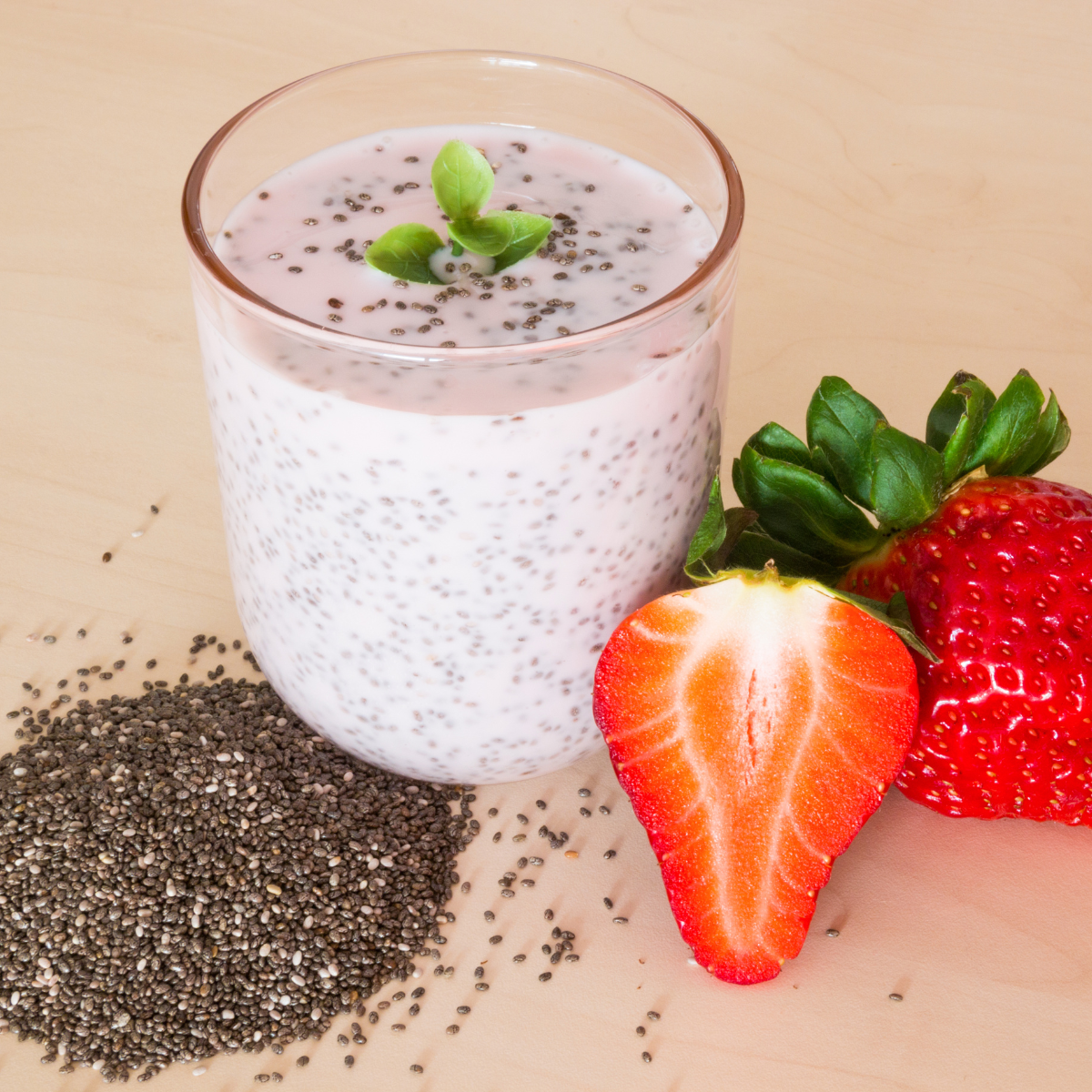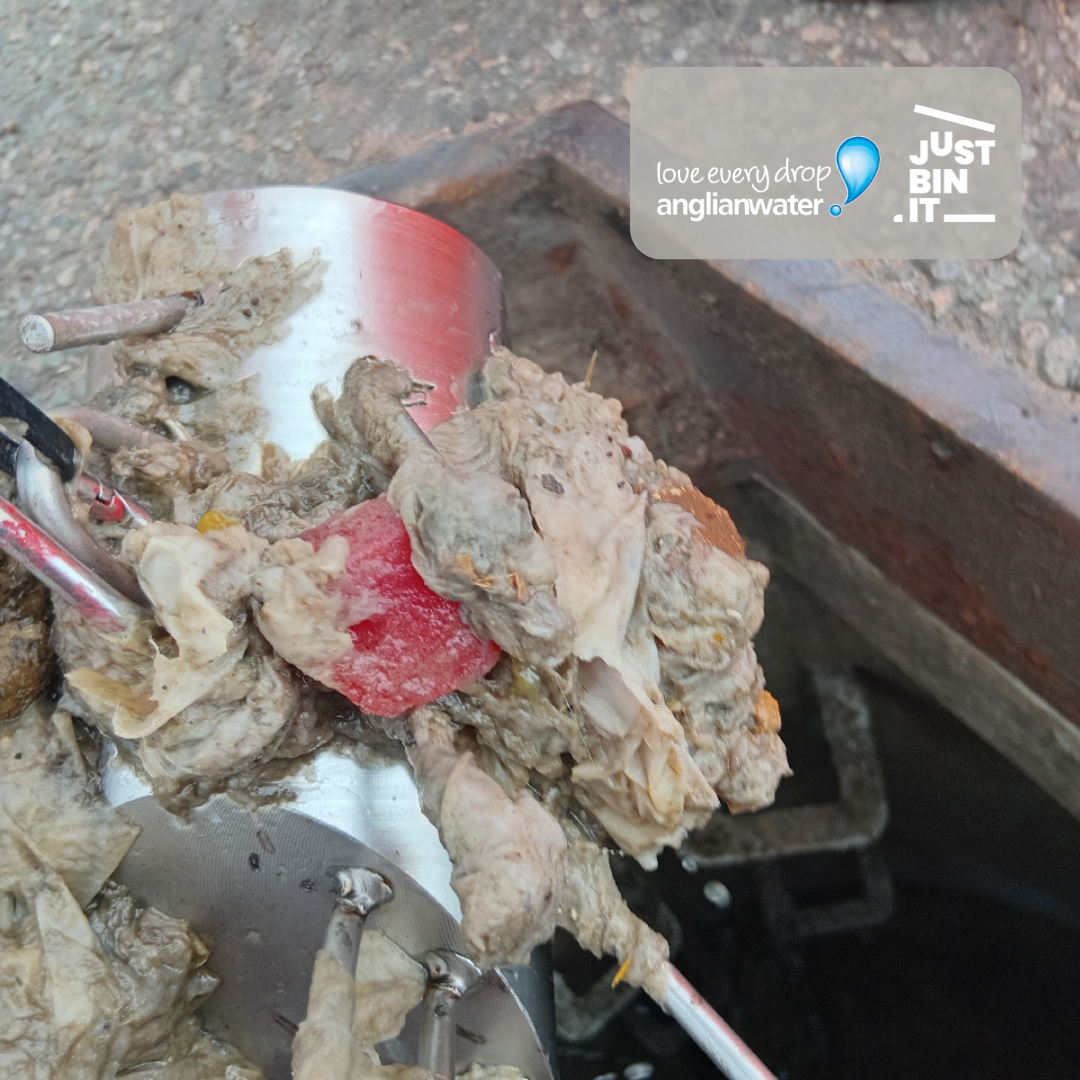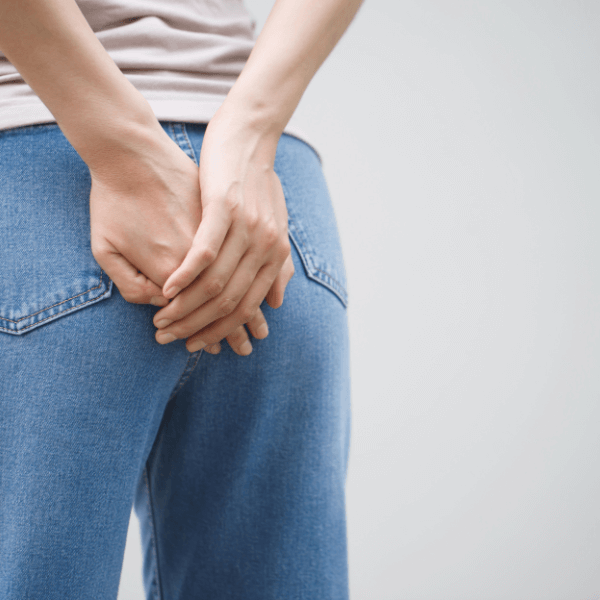Natural Stool Softeners to help unclog your pipes fast

Natural Stool Softeners to help unclog your pipes fast
1 in 7 otherwise healthy adults suffer from constipation, and 60% of them are women. Let that stink in for a second.
Experts suggest that women may be more prone to blockages because their colons are around 10 centimetres longer than men's on average, hormones and other aspects can come into play too. This Barbie has an extra-long colon and hasn’t pooped for 5 days because of it!
Despite how common constipation is, when we’re faced with a traffic jam in the back roads, we can find ourselves stumped for solutions whilst we forever wait for a visit from the poop fairy. Why aren’t the natural remedies for constipation just in our cupboards ready to be used? Why aren’t they a topic of conversation in our everyday lives? We’re all more than happy to discuss what we eat with our loved ones, but we miss the connection between what goes in us and how it affects the way it comes out.
When we’re having trouble moving things out of the house, we might need a helping hand. Oh, and in case you were wondering, pushing harder isn’t the answer.
What do stool softeners do?
Stool softeners basically do what they say on the tin. They soften the stool in your bowel by bringing more water and fat into the brown stuff, making it much easier to pass through the bowel. They don’t actually cause you to have a bowel movement, but they do prevent straining when you’ve got to go, which can prevent haemorrhoids and other irritations down there.
They’re a great first option when suffering from constipation as there are plenty of natural foods to soften stool! Natural stool softener remedies will bring more fibre, hydration and probiotics into your body, so they’re generally a better option for trying to treat constipation before seeking medical help.
This will help you get that healthy 3 or 4 on the Bristol Stool Chart.

What’s the difference between stool softeners and laxatives?
Get this, all stool softeners are laxatives, but not all laxatives are stool softeners. We don't want to say we’re philosophers or anything, but, we kind of are.
Where stool softeners and similar laxatives work to bring more liquid into the stool, making it easier to pass without straining, there are stimulant laxatives that encourage the muscles in the intestines to move things along and pass the poop faster.
Stimulant laxatives are NOT for regular use. If you overuse these types of laxatives, your body may become dependent on them to pass a bowel movement. Let’s be honest, we didn’t spend all that time becoming the independent poopers that we are today to throw it all away due to the misuse of laxatives, did we?
If needed, your doctor or pharmacist will be able to tell you what the right laxatives are for your individual case.
Mind over (dark) matter
Psychology can come into play in the most mysterious of ways when it comes to clearing the back passage. Poop anxiety, or parcopresis, is a phobia where people can be anxious about pooping in a place that isn’t completely private or somewhere they’re not used to.

It makes sense, seeing as 64% of people have been constipated from holding in their poop in a public place. When this happens, people can get bowel shy, the muscles in the bowel can tense up and they won’t be able to pass the brown bits.
General or extended stress can also cause the neurons in your digestive tract to tell your intestines to contract and slow down the poop cycle to a crawl. Persistent stress can also cause inflammation in the bowel, leading to potential stomach pain and chronic constipation. Who would have thought that report you’re working on could be the cause of your potty problems?
1 in 5 of us are too embarrassed to head down to the GP when we’re experiencing some clogged up pipes. This shows that there’s a real problem when it comes to our relationship with our bowels and what’s going on with them. For those of us that are shaking in our botts when talking about poop, here are some options to try at home before we turn to medical help.
Natural stool softeners

Water
Okay, sure, it sounds kind of obvious. But dehydration is one of the most common causes of constipation. Before you make any big changes to your routine, make sure you’re drinking enough water—which is about 6-8 cups a day. All of you caffeine addicts out there will be pleased to know, tea and coffee count too.
Plums and Prunes
Plums are great for bums and are packed with dietary fibre, they've even been used as a natural constipation treatment for decades. In a 2011 study, adults who ate prunes improved their stool consistency and had more bowel movements after eight weeks.
So, when all else seems doomed, at least we have prunes!
Chia seeds
100g of chia seeds holds an astounding 34g of fibre. Chia seeds are full of insoluble fibre, which absorbs fluids and creates soft, bulky poop (that’s what we want!).
When chia seeds get wet, they form a gel-like consistency, which also helps to create this soft bulky poop which is much easier to pass.
One of the most popular chia seed remedies is the internal shower drink, just mix 1-2 tablespoons of chia seeds into a 300ml glass of water. Others prefer to mix it into other liquids to make a yogurt/pudding like consistency! Try it with almond milk and top it with some nuts and a scoop of something sweet like honey or jam for a breakfast that will make you go, AND make you go YUM!
Flaxseed
A 2020 study found that flaxseed supplements increased people’s bowel frequency from two movements per week to seven! This is most likely due to flaxseed’s soluble fibre content, which makes poop softer and easier to squeeze out.
Start with 1-4 tablespoons of ground flaxseed per day. You can mix it into porridge, cereal, yogurt, or smoothies.
Probiotics
Probiotics are healthy bacteria found in fermented foods. They protect your gut microbiome, improve digestion, and keep your stool soft and smooth.
You can take probiotic supplements, but you can also increase your probiotic intake by eating fermented foods, such as kefir, yogurt, sauerkraut, kimchi, tempeh and kombucha.
Olive oil
The healthy fats in olive oil literally lube up your bowel so poop can slide out more easily. Olive oil also helps your poop keep more water, making it softer, and by now we should all know that soft equals good!!
Pulses
“Pulses” is an umbrella term for beans, lentils, and peas—all of which are natural laxatives. Just 100g of cooked pulses holds about 26% of your daily fibre intake.
Beans, beans good for your heart the more you eat the more you...poop! You can also get the same effect from peas, lentils, and chickpeas.
Whole grains
Whole grains are a powerhouse for healthy poop. They’re loaded with fibre that increases the water content of your stool. Adults should aim to eat about 3 portions of whole grains per day, which you can get from porridge, whole grain bread, brown rice, buckwheat, quinoa, and much more.
As you can see, we’re spoilt for choice when it comes to natural stool softener remedies, so why not try some next time you're struggling to pass the baton onto the toilet bowl?
What if these don’t work?
If home remedies for constipation don’t do the trick on the toilet, the next best option is to pick up an over-the-counter laxative from the pharmacy. You’ll be able to chat with the pharmacist to see which one best fits your situation too.
They'll also be able to tell you about the side effects of taking laxatives and what to expect after taking them.
The final plunge
Constipation isn’t just about what we’re eating, it also considers the ways we’re feeling and the ways we’re pooping too.
Sitting in a squatting position can help to get things moving when you find yourself straining for pebbles. Here’s a little guide for you:
- Keep your knees higher than your hips – a foot stool may help
- Lean forwards, and put your elbows on your knees
- Bulge out your abdomen
- Straighten your Spine

If you notice that you’re pooping less than 3 times a week and your stool is hard and lumpy (type 1 or 2) when you do poop, this could be a sign of chronic constipation. If this is the case, simply have a chat with your doctor and they’ll be able help you to get the juices flowing once more.
And last but not least, pushing is NOT the answer! That’s a road that leads straight to fissures, haemorrhoids, and more pain than it’s worth.
When you finally get things moving, especially if you feel like you and your tush have been through a journey to achieve that perfected poop, you’re going to need something to clean up gently, but effectively. Make sure it’s the Wype natural and organic toilet paper gel, a sustainable alternative to wet wipes, it soothes and cleans, without clogging up the planet. Get the Starter Kit here!



Wow. Your guides are so well written, unbiased and so so helpful. I’m a pharmacist and your guides are the best I have read … ever … about everything poop related and written in such a helpful non-medical way with humour and absolutely brilliant advice. *
Thank you so much for this very informative information. I’m on injections for my diabetes and am experiencing constipation for the first time in my life. This article is so helpful and I love the amusing way you talk about it. I’ve been using Wype gel for a while now and it’s so soothing. Love your product.
Found your article really helpful on natural help and timing
Having recently finished chemo radiotherapy for rectal cancer, I suffer with diarrhoea and then i’m constipated for a while. Having read your informative article re stool softeners I am going out tomorrow to get chi seeds. Hopefully this will help. 🤞
Very helpful information.
A very useful article nd easy to understand. Very informative.
Those of us on weightloss injections are facing constipation for the first time . I ended up using laxatives and a sitz bath but I will be adding the natural softeners to my diet from now on.
The wipe lotion has been very soothing too!
This is both helpful and reassuring. Thank you.
Doctors , healthcare workers and hospitals should use your articles to promote better health and self care for people
What a great article, thank you so much! The list of stool-softeners is so helpful and the info on toilet positions is a great reminder 😊
Thanks all the info about the benefits of pooping correctly, it was a weight off my mind as well as my backside!
Fab article which was well written and amusing as well as being informative. Great work!
Just wanted to say how funny and entertaining your emails are whilst being so informative and interesting!
Brilliant read!! Brought a smile !
Good information and an hilarious read😂😂